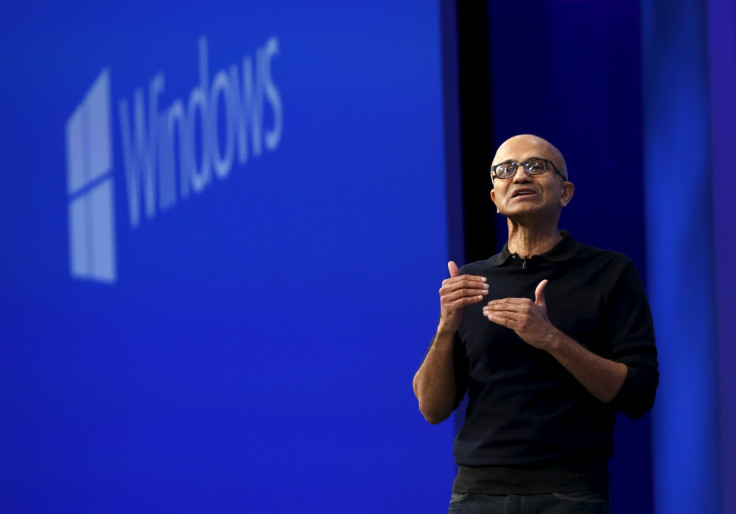Windows 10: Microsoft to watermark systems with unlicensed Windows; no free upgrades

Technology giant Microsoft, which had seemingly stated that it was not averse to offering Windows 10 free of cost to pirates in China, now seems to have made a U-turn by announcing that the yet-to-be-released operating system will have to be paid for.
According to a PC World report that quotes an official blog post by Microsoft's Terry Myerson, the Redmond-based company's free offer to upgrade to Windows 10 will not be applicable to users currently running non-genuine Windows devices.
Terry Myerson further said such non-genuine users will still be offered Windows 10 for a premium.
"In partnership with some of our valued OEM partners, we are planning very attractive Windows 10 upgrade offers for their customers running one of their older devices in a Non-Genuine state.", stated Myerson.
How does Microsoft identify 'non-genuine' Windows devices?
Terry Myerson detailed the way in which Microsoft planned to identify 'problematic' computers running non-genuine version of Windows.
Along with releasing Windows, Microsoft will create exclusive watermarks on the computer within which the OS is installed. This watermark will be applicable to machines running illegal software and these host devices will be marked as illegitimate.
Microsoft advises Windows users encountering watermarks to return their devices (assuming that these are new) to the retailer from whom they bought them. In case of issues with current Windows OS, users will be required to mandatorily upgrade to a legal OS increment, after which Windows 10 can be successfully installed.
"Non-Genuine Windows has a high risk of malware, fraud, public exposure of your personal information, and a higher risk for poor performance or feature malfunctions. Non-Genuine Windows is not supported by Microsoft or a trusted partner," adds Terry Myerson.
Recently, Microsoft announced that the Windows 10 will be the "last" in its numbered OS series. The futuristic Windows iteration will in all probability be called just "Windows" which will be offered as a paid subscription service, according to Microsoft.
© Copyright IBTimes 2025. All rights reserved.





















